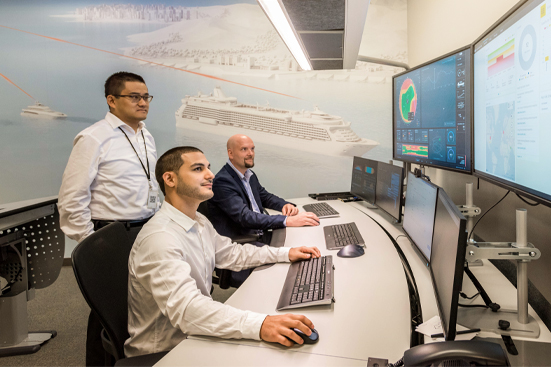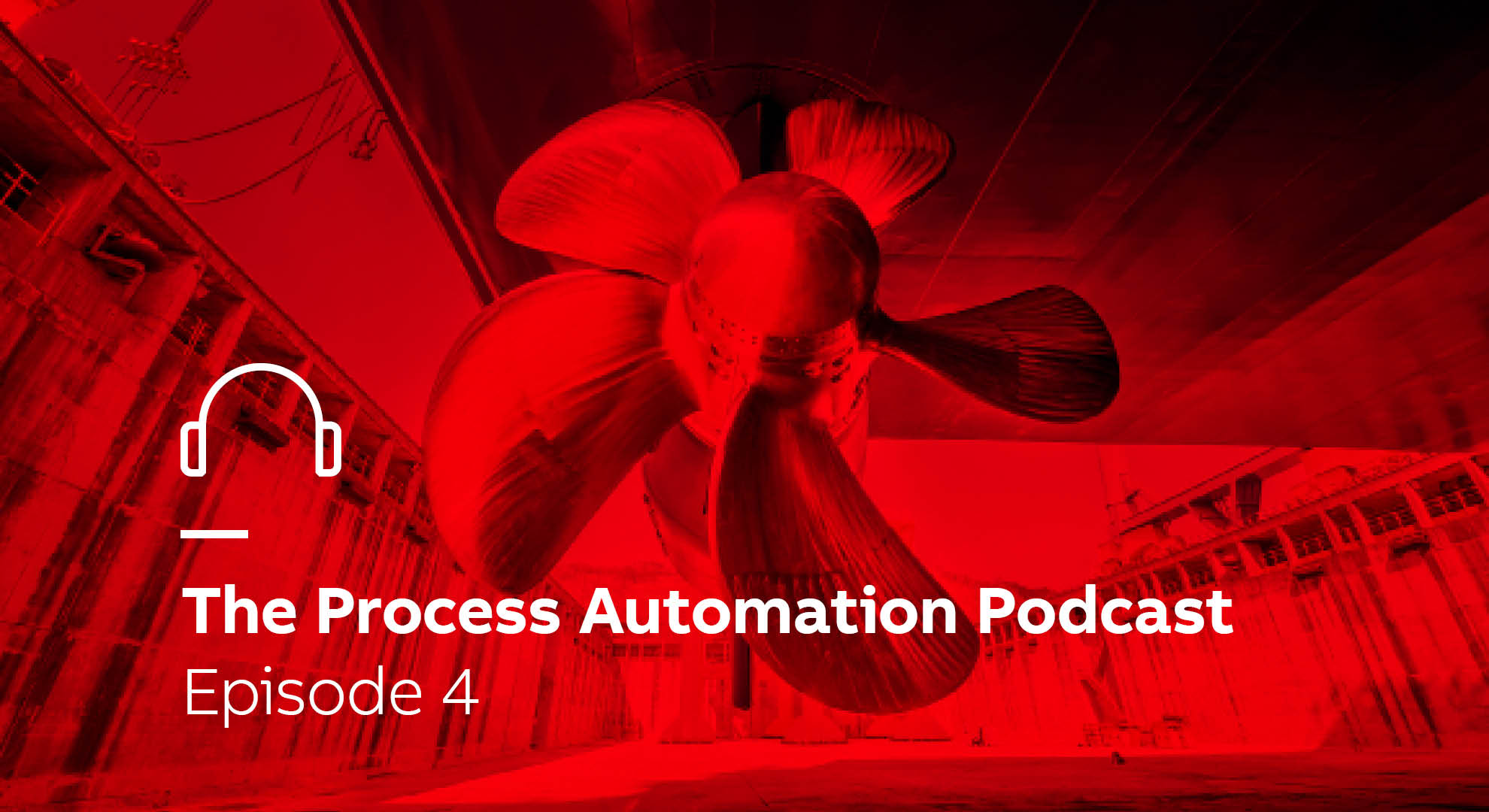
Making a world of difference in the marine industry
Moving ships into a new era of efficiency and sustainability
As passengers wait dockside, a ferry glides silently into its berth. Missing are the black smoke from the stack and the familiar chugging of diesel engines that we have come to associate with ships in operation. This is no illusion, but an example of ABB’s technologies working together, increasing efficiency and sustainability in shipping.
Shipping matters
Ships move more than 80 percent of global trade – everything from cell phones and sneakers to iron ore and grain. Although marine transport is the most energy-efficient way to move cargo in terms of energy use per ton-kilometer transported, shipping still has work to do to achieve its goals of sustainability.
Maritime transportation is set to triple by 2050, an increase that could result in a significant rise in emissions. The International Maritime Organization has called for a minimum 70 per-cent reduction in shipping’s carbon intensity by 2050, and a 40 percent cut by the end of this decade.

Propelled by e-mobility
One way for the maritime industry to reach its sustainability goals is by leveraging the benefits of onboard system integration, which optimizes energy use on board, with clean electricity as the energy source.
Electricity is the lifeblood of tomorrow’s ships, and the driving force of many vessels operating today. ABB’s power and control systems – Onboard DC GridTM and Power and Energy Management System (PEMSTM) – orchestrate energy use on board, propelling ships in the most efficient way possible. Designed to connect batteries or fuel cells to high-efficiency electric motors, these solutions are key to integrating future energy sources as they become available.
ABB also delivers technology that allows ships to connect to clean shore power and charge batteries while at berth. Once in port, docked vessels equipped with ABB's shore connection solutions can plug into an onshore power supply and shut down their engines, eliminating carbon emissions as well as noise and vibration.

Discover more
How we make a world of difference
-
Contact us Submit your inquiry and we will contact you
Contact us -
Find a channel partner Quickly find an ABB channel partner
Find a channel partner




















